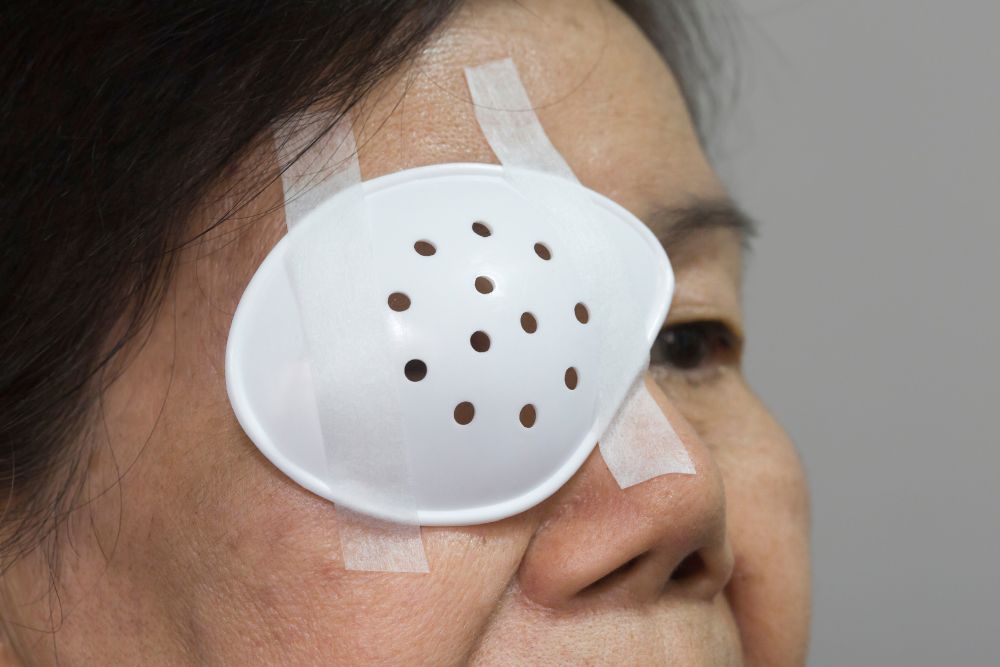Floaters After Retinal Surgery: What’s Normal and When to Call Your Doctor

Undergoing retinal surgery is a big step toward preserving or restoring your vision. However, one of the things patients often notice are floaters—small spots, threads, or cobweb-like shapes that drift through your field of vision. While most are harmless, it’s important to know when floaters are expected and when they may need attention.
Why Floaters Occur After Surgery
Retinal surgery involves working inside the eye’s delicate structures, such as the vitreous, which is the clear gel that fills the center of the eye. Surgery can leave behind tiny clumps of protein and debris in the vitreous, and when light passes through the eye, those clumps cast shadows on the retina, appearing in your vision as floaters. Additionally, inflammation and small amounts of bleeding can also cause floaters as your eye heals. For many patients, these gradually fade or become less distracting over time.
What to Expect After Retinal Surgery
In the days and weeks after surgery, it’s typical to see:
- A few floaters that slowly decrease or become less noticeable
- Blurry or hazy vision that clears as the eye recovers
- Mild redness, light sensitivity, or general irritation that improves with healing
These symptoms are part of recovery, and for most patients, they settle down with time and proper follow-up care.
When to Call Your Doctor
However, not every change in your vision should be brushed aside. Contact your retina specialist right away if you notice:
- A sudden increase in the number or size of floaters.
- Bright flashes of light in your vision.
- A shadow, curtain, or dark spot spreading across your sight.
- Significant new pain, redness, or a sudden drop in vision.
These changes could signal a complication such as a retinal tear, new bleeding, or infection, all of which require urgent attention.
Monitoring Your Recovery
The best way to protect your vision after surgery is to stay alert and follow your care team’s instructions closely. Use prescribed eye drops, attend all follow-up visits, and avoid strenuous activity until cleared. Pay attention to changes in your vision and write them down if it helps you notice patterns.
At CRC, we encourage our patients to call whenever something feels “off.” Even if you’re not sure whether a symptom is serious, reaching out allows us to reassure you or step in quickly if something needs treatment. If you’ve recently had retinal surgery and have questions about your recovery, don't hesitate to contact our team. Recovery is a team effort, and staying in touch with your retina specialist is the best way to protect the vision you’ve worked so hard to preserve.

